Kristijan Trapanovski is set to bolster Dundee United’s attacking options this summer.
According to reports in the player’s native North Macedonia and Scotland, the 24-year-old winger has agreed terms with the Tangerines.
However, even if the deal – expected to be two years with the option for a third – is inked, excited Arabs may have to wait a few weeks before they see Trapanovski paraded at Tannadice.
Indeed, every SPFL club must navigate a circuitous process to recruit talent from beyond the borders of the United Kingdom.
It involves the Scottish FA, a point scoring system, exceptions panels, the UK Home Office and FIFA.
And Courier Sport is here to tell you everything you need to know about obtaining a visa to star in Scotland.
Obtaining the all-important Governing Body Endorsement (GBE) from the Scottish FA
Post-Brexit, all international arrivals are required to obtain a GBE from the Scottish FA (at an administrative cost of £200), which is intended to be a points-based meritocracy.
The only exception is for citizens of the UK or Ireland or those who have pre-settled status or settled status under the EU Settlement Scheme.
Should the incoming player meet certain criteria – such as playing at least 90% of matches for a top-50 ranked national team in the prior 24 months – then it is considered an “auto-pass”.
Otherwise, they are looking to hit the magic number of 15, with international appearances, domestic minutes, continental competition, and the final league position of their prior club all coming into consideration.
Trapanovski – never capped by Macedonia at senior level and playing for a club in a “Band 6” (the lowest scoring) league – would struggle to meet that threshold.
A thorough breakdown of how players are scored can be found in a series of tables (from Annex 3, rule 28) in the Scottish FA handbook HERE.
So, does that mean the deal would be off?
No.
There is no threshold for a club to request their case goes to an “Exceptions Panel” and state the player’s case as a potential asset to Scottish football.
This has occurred recently with SPFL arrivals from Australia and Japan (Band 5 and 6 leagues, respectively). David Keltjens joining St Johnstone, having been a bit-part player for Israeli side Hapoel Tel-Aviv (Band 6) is another example.
The Scottish FA notes: “Where an application does not meet the published criteria, a club may request a panel to consider the player’s skills and experience. In these cases, the Scottish FA will refer the club’s evidence to an independent panel.
“The panel will normally consist of representatives from the relevant football bodies together with up to three independent experts.”
Among the factors considered will be “whether [the player] is of the highest calibre” and “whether [the player] is able to contribute significantly to the development of the game at the top level in Scotland”.
Supporting evidence would be expected.
If the Scottish FA grants an application for a GBE, the club is permitted to assign the crucial Certificate of Sponsorship for the period covered by the GBE – either three years or the length of the player’s contract (whichever is shorter).
The GBE & Certificate of Sponsorship are secured – what’s next?
The Certificate of Sponsorship must be presented to the Home Office within three months of one being assigned.
United – and, indeed, any UK club looking to attain a player from abroad – would apply for an International Sportsperson visa (ISP), which replaced the Sportsperson (Tier 2) visa in January 2021.
Knowledge of the English language is likely to be required, which can be proved by undertaking a “secure English language test” (SELT) or presenting an acceptable academic qualification that was taught in English.
The supporting documents must include a passport (or other form of identification), the GBE and recent travel history.
The process costs £719 per applicant.
And the key question for fans keen to see a scarf above the head: how long will the process take?
Generally, around three weeks from the application being submitted. That is assuming there are no issues with the information or missing paperwork.
However, one can request “priority service” for a fee of £500 which would likely see a decision reached within five working days.
The player is permitted to enter the UK – one final hurdle to go
The final step is to request an International Transfer Certificate (ITC) from FIFA – mercifully, the least onerous step, albeit there has been example of delays if one club doesn’t have their documentation in order.
Providing the clubs have struck a deal (not an issue with Trapanovski, who would arrive under freedom of contract) and the UK Home Office have rubber-stamped an individual’s arrival, FIFA tend to make it official expeditiously.
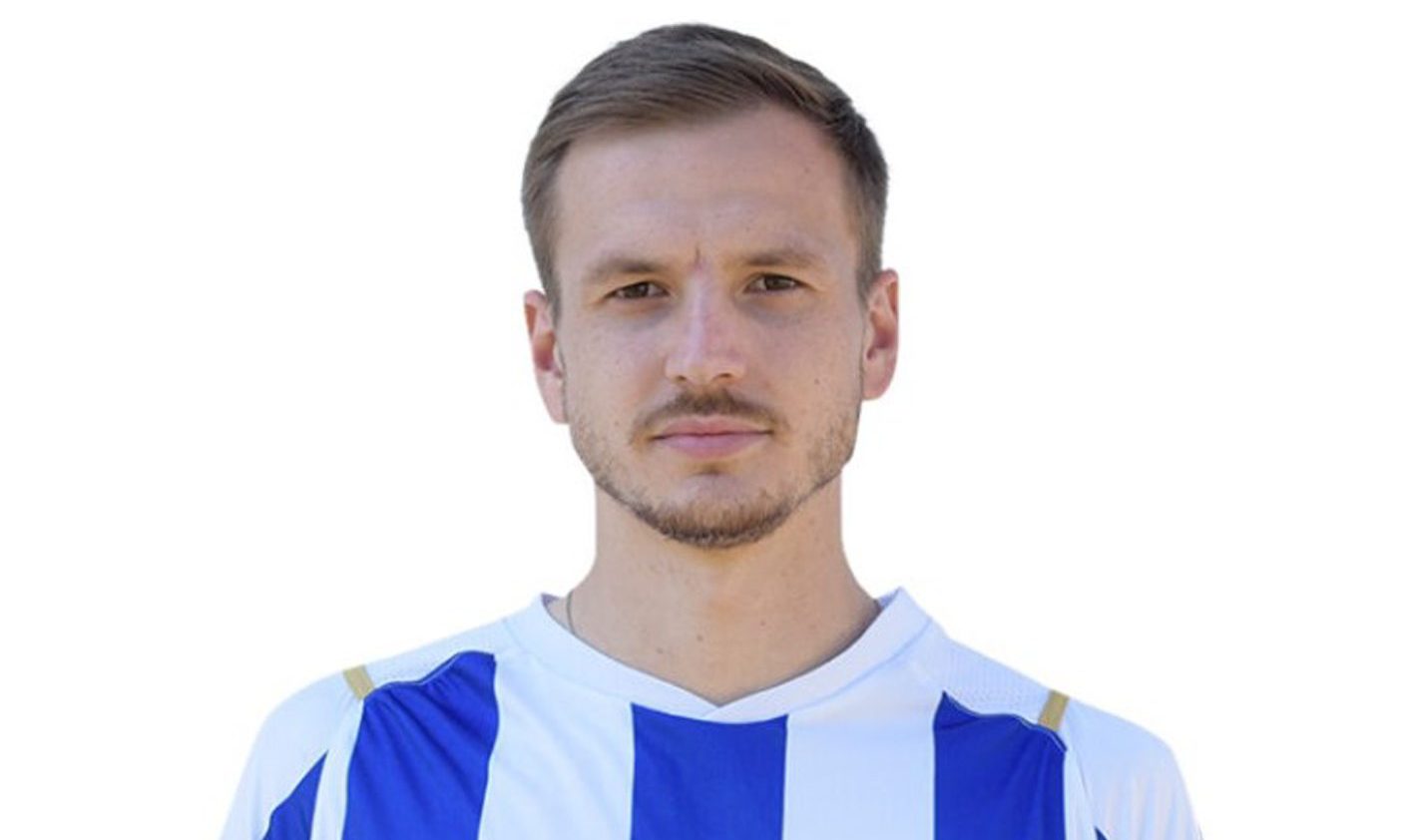

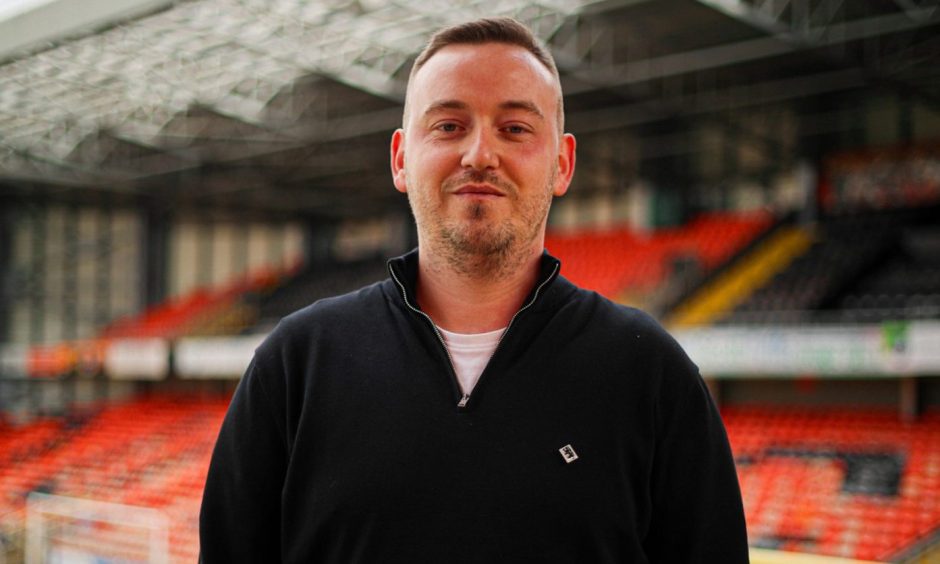
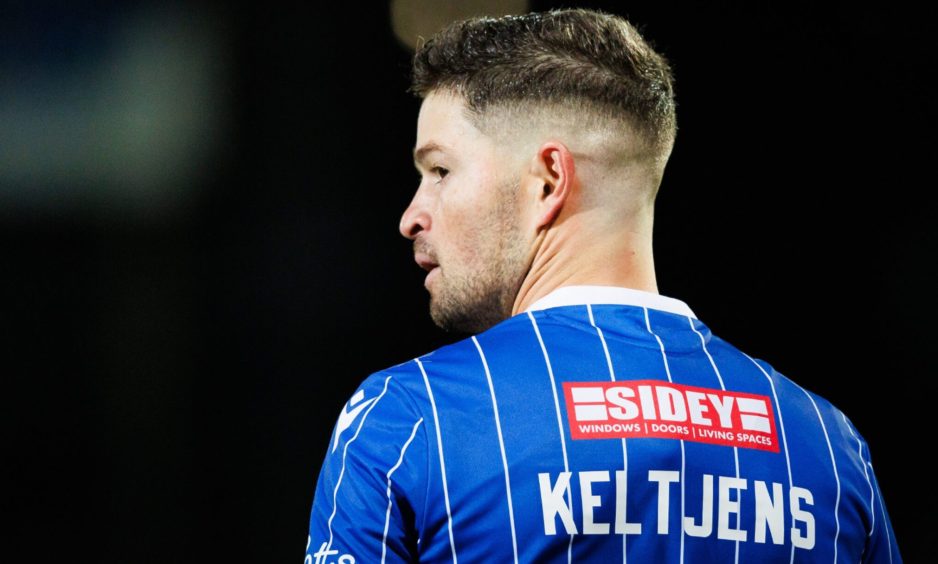
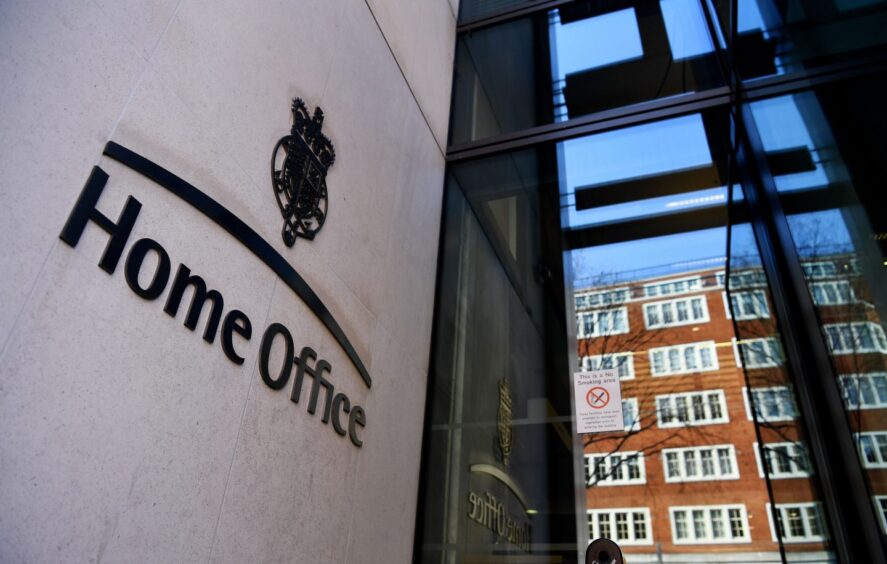







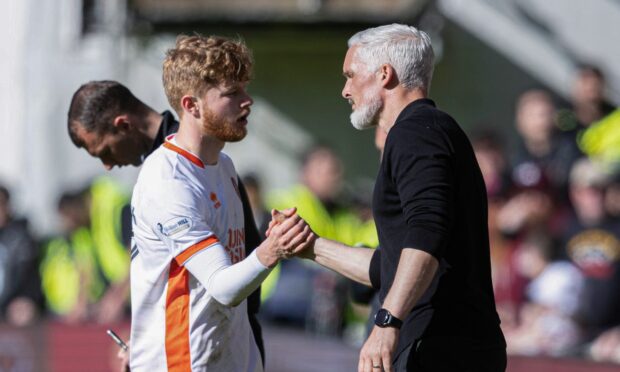

Conversation